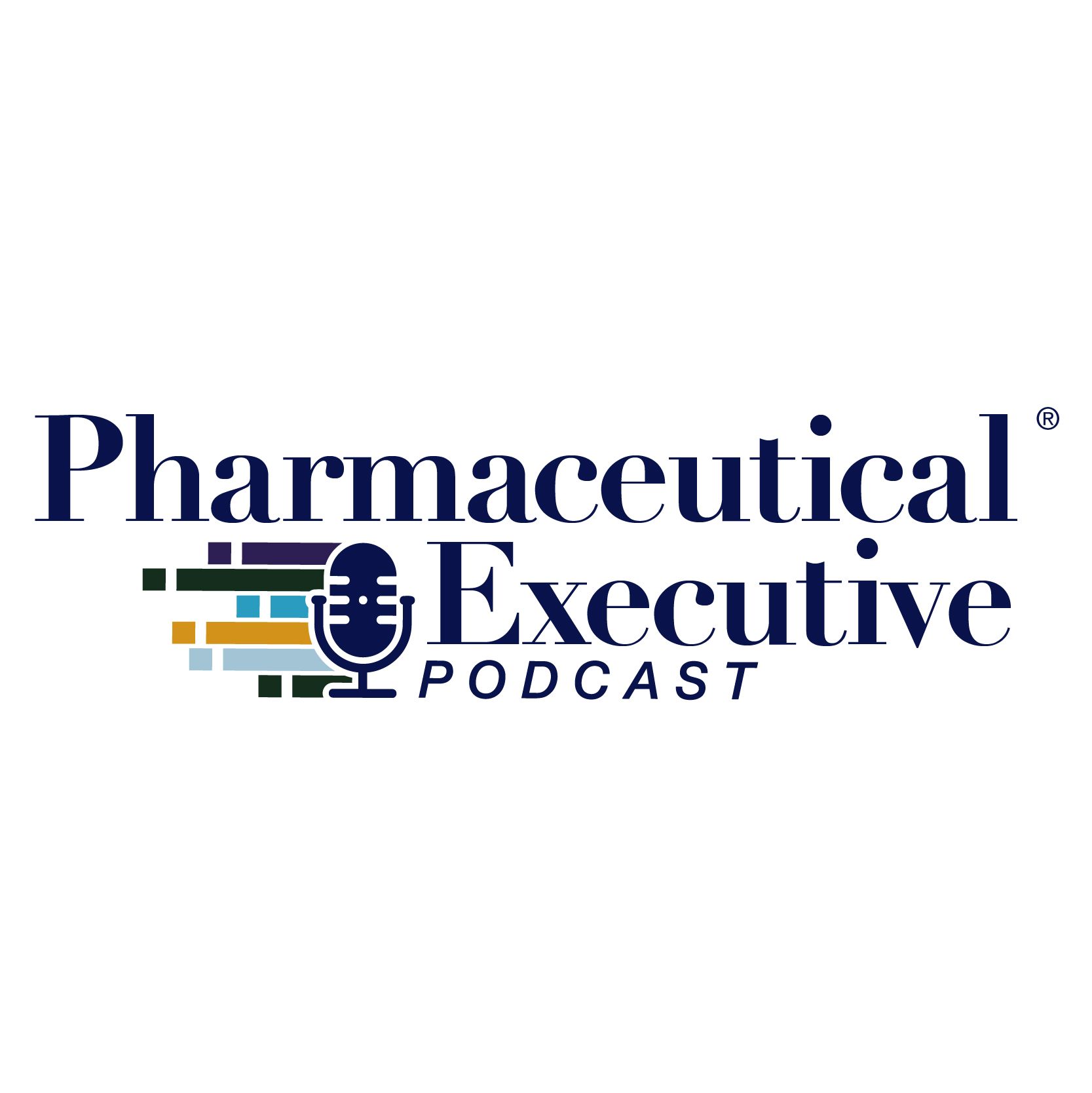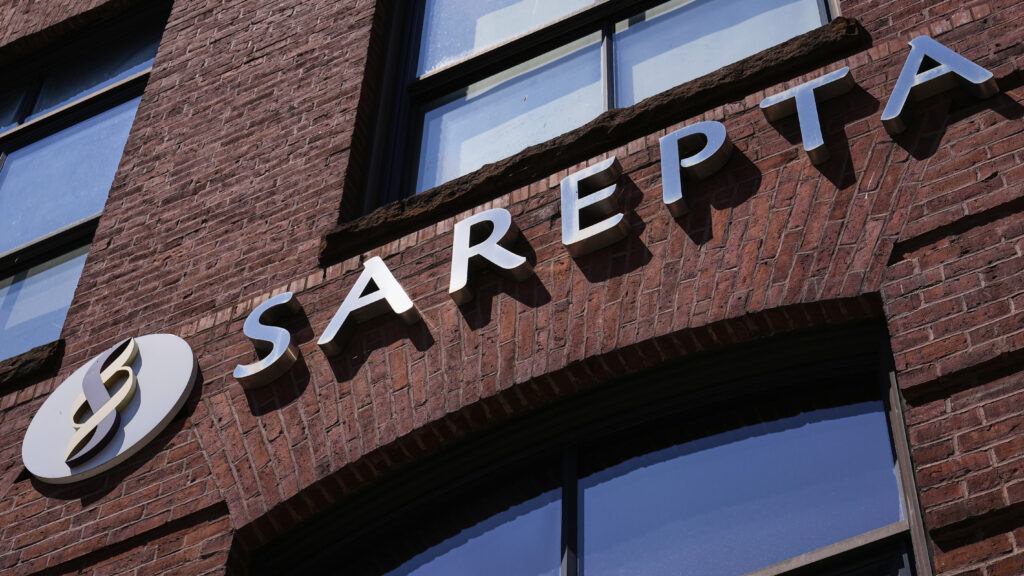Welcome to Pharmaceutical Executive Daily, your quick briefing on the top news shaping the pharmaceutical and life sciences industry.
In today’s Pharmaceutical Executive Daily, we cover Bristol Myers Squibb’s $1.5 billion acquisition of Orbital Therapeutics, ongoing legal and market implications of the Most Favored Nation drug pricing proposal, and the FDA’s approval of Libtayo as an adjuvant therapy for cutaneous squamous cell carcinoma.
Bristol Myers Squibb has announced plans to acquire Orbital Therapeutics in a deal valued at up to $1.5 billion. Orbital specializes in RNA-based medicines, including next-generation platforms for vaccines and genetic therapies. The acquisition underscores BMS’s growing investment in RNA innovation as it looks to diversify beyond traditional biologics and small molecules. Analysts view the move as a strategic step to expand the company’s pipeline into rapidly advancing modalities that are redefining precision medicine. The deal also reflects continued momentum in RNA partnerships and acquisitions following the technology’s validation during the pandemic.
Meanwhile, the Most Favored Nation (MFN) drug pricing proposal continues to face legal and political turbulence. Recent court challenges have slowed implementation, with opponents arguing that tying U.S. prices to those paid abroad could violate administrative procedures and reduce patient access to new therapies. Supporters, however, maintain that aligning pricing with peer nations is necessary to control spending and promote affordability. Market analysts warn that, regardless of the policy’s fate, the MFN debate is already influencing pricing negotiations and reshaping how manufacturers approach global launch strategies.
And finally, the FDA has approved Libtayo, Regeneron’s PD-1 inhibitor, as an adjuvant treatment for patients with cutaneous squamous cell carcinoma at high risk of recurrence following surgery and radiation. The approval is based on Phase III data showing significant improvement in disease-free survival compared with placebo. This milestone expands Libtayo’s indication beyond advanced disease and positions it more strongly against competing checkpoint inhibitors in the immuno-oncology market. Clinicians hailed the decision as a meaningful advance in early intervention for aggressive skin cancers.
Thanks for listening to Pharmaceutical Executive Daily. For more updates and in-depth analysis, visit PharmExec.com.










